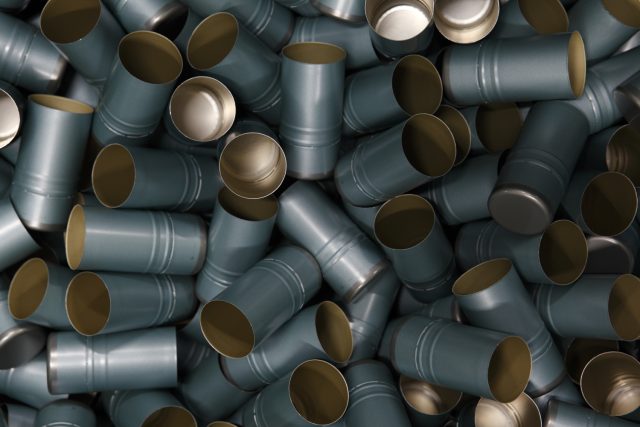This website uses cookies so that we can provide you with the best user experience possible. Cookie information is stored in your browser and performs functions such as recognising you when you return to our website and helping our team to understand which sections of the website you find most interesting and useful.
Amcor launches new ‘Transparence’ green initiative
Amcor is taking the confusion out of sustainability with the launch of a new fact-based programme to help customers build a more responsible future.

Global closures specialist Amcor Capsules has turbo-charged its commitment to sustainability with its newly launched TRANSPARENCE sustainability programme.
Amcor Capsules’ sustainability director, Bertrand Daru, tells db that while sustainability has been a key focus of the group for several years – in 2018, Amcor was the first packaging company to vow to develop all its packaging to be recyclable or reusable by 2025 – the new programme is far more than just a pledge. Instead it aims to establish clear objectives and measurable action across its entire closures and capsules business unit, in its plants or on its products.
“TRANSPARENCE is our roadmap that serves as a guideline for every related sustainable shift, product launch or actions that have yet to come,” he says.
The company believes in offering its clients “the right tools to help them make the right decision”, Daru explains.
As sustainability is often a confusing topic, the company has developed a fact-based approach that shows its willingness to be transparent. It collaborates with customers to enable them to build a more responsible future.
TRANSPARENCE is built on three strategic pillars: Reduce, Recycle and Respect, with progress and achievements under the programme verified and certified by both independent and expert third parties.
The Reduce pillar, for example, includes a science-based targets initiative commitment to achieve net-zero carbon emissions by 2050, reduce the use of secondary packaging, and boost the levels of recycled aluminium into its closures. Aluminium represents 95% of a screwcap’s CO2 emissions, so reducing these emissions is a major part of lowering a screwcap’s carbon footprint.
The starting point lies in collaborating with aluminium suppliers, and addressing the technical challenges they face, Amcor believes. It has also partnered with one of its main suppliers to bring to market a low-carbon aluminium that uses a greater percentage of recycled material, while maintaining the same high quality. This results in a 50% reduction compared to the average carbon footprint of primary aluminium sold in Europe, or an 80% reduction in China.
Reducing secondary packaging is another key target area, one that is often overlooked because it has “no tangible effect on the end consumer,” Daru notes. The Amcor team works with major Champagne houses to use reusable trays for its hoods, for example, with customers receiving their hoods in rigid trays that are collected during their next delivery to be reused. A similar system is in place with Cognac customers, “and we are working to expand these types of initiatives wherever we can,”he adds.
It has also recently introduced a new concept of secondary packaging for hoods, allowing a 60% reduction of their weight, which means the number of hoods per pallet rises by 70% to 80%.
This development of screwcaps, closures and hoods is now measurable with Asset, a Carbon Trust-certified life cycle assessment toolkit, that allows customers to truly understand the environmental impact of their closures.
Amcor has also worked with the HTP Cyclos organisation, which conducts a complete analysis of the materials and the way that end-consumers would dispose of the closures considering the current collecting and recycling structures in place, with certification available to all of its customers.


